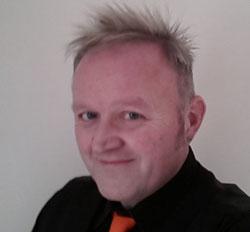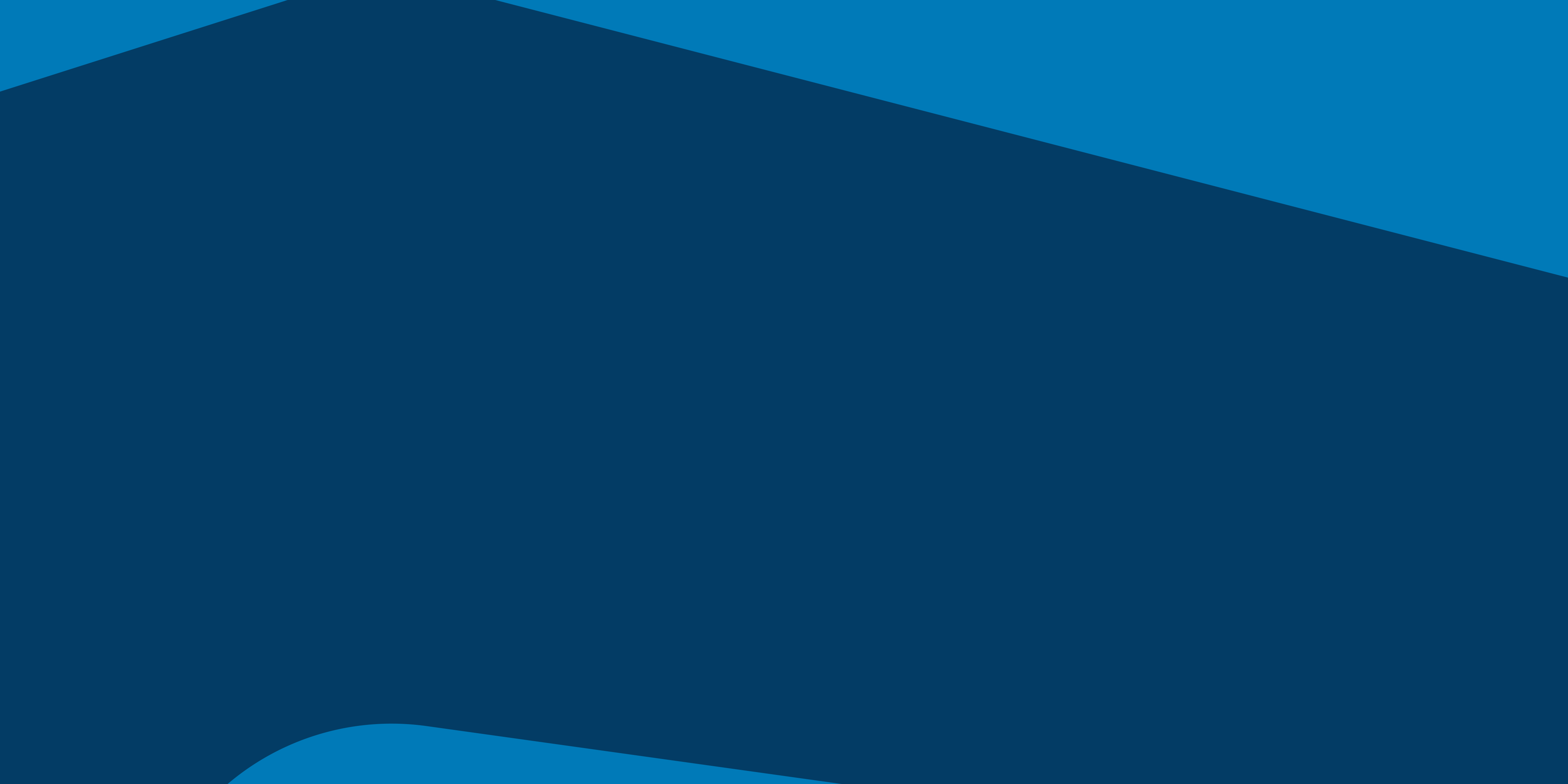
Welcome to the sixth instalment of our new Disruption Debate series, where we speak to leading industry experts to discover more about disruption in the L&D industry. In this post, Lars Hyland speaks to Perry Timms. Perry is the founder of PTHR (People & Transformational HR), which he set up to enable him to change the world of work one conversation at a time.
Learning as an energy source
Perry believes that learning is an energy source for organisations. Unfortunately, too many businesses see learning as nothing more than an episodic interjunction between work activities, but this, says Perry, is wrong – it IS work, and we should value it a lot more than we currently do.
“We need to be cleverer within HR in how we design an organisation and its flow of human endeavour and energy,” said Perry. “Learning design is part of the process we have, but many of us are used to more static design concepts. The course you’re designing now probably has such a short shelf life that we constantly have to adapt – so we should be designing for this adaptability.”
In order to channel this learning energy more efficiently, Perry thinks we should be looking to the giants in the technology space today. They’re building for iteration, adaptation and versatility, but consumers don’t necessarily know this. “We need to work with real human need and curiosity. We should increase the capabilities we already have with great learning design, and we need to think about where learning sits in the design framework of the organisation as a whole. Build for fluidity and agility – it’s about more than just an organisational chart with constant restructuring.”
Empowering the L&D team
Once we have the right organisational structure in place to facilitate the best flow of information and expertise, how do we then ensure people are being used to their full potential in their roles? Does everyone have the skills they need, or do we need training to implement these changes? With mergers and acquisitions, entry into new markets and major global opportunities on the agenda for many businesses, it’s important to consider this now before things become more complicated further down the line. Perry believes that getting L&D and HR involved early on is essential to the success of these major projects.
“HR and L&D should be agent provocateurs to ensure that learning issues are being considered at the board level. With this, reward mechanisms should be put in place for these teams. When they take on this type of project, they are expected to do much more for less. They need to be given the space to implement their proposed changes, and the authority to play a resourcing and learning role to ensure all the right preparations are in place before flicking the switch on a new service line, product line, manufacturing process… HR and L&D play a critical role in this pre-emptive strike.”
Our L&D and HR teams should also be responsible for finding out when talented people are stuck in roles where they can’t put their skills into action. Perry suggests conducting a skills audit to help surface these hidden skills. “How can companies energise themselves?” said Perry, “and how can your team tap into the strengths they already have? HR people should knock on the CEO’s door and say ‘You’re doing a great job running the business now, but what about when we change? Let’s learn together.’ Senior members of the organisation rarely have organisational development qualifications of an understanding of the behavioural economics that this requires. We as learning experts have more to offer than people think – let’s learn our way into new spaces.”
The organisation as an ecosystem

Following on from the idea that many people are trapped in roles where they can’t fully put their skills into use, Perry raised Gareth Morgan’s metaphor of organisations being like ecosystems.
“Today’s organisations are wirearchies – we are wired in all sorts of ways. We should be looking to create more of a community out of not just employees, but also end users, regulators, interested parties, validators… we need to expand our thinking beyond the laboured workforce. In the past, we would look at our static workforce and then consider how to upskill them. Now, we need expertise wherever it comes. This is now a people management issue – this dynamic has shifted significantly in the last 5-10 years. HR plays a vital role in the porous nature of today’s businesses.
Perry also gave the Dutch 1974 World Cup football squad as an example. “This was the concept of ‘total football’. You weren’t just a defender or a midfielder; you could be anything. This is what we’re looking at in the workplace now – combining specialist and generalist roles. This is where the idea of V-shaped competencies come in – this is a very broad skillset, but with a few deeper, key skills. We can’t operate in isolation anymore. Being boxed in is not conducive to the success of the organisation. The aim is to no longer be just ‘the person who does the accounts’, but the person who specialises in accounts with multiple other valuable skills. There may be things you’re interested in that you don’t know you’re good at until you try.”
“Set learning free; let it go a bit feral and great things happen”
Indulgent learning
“I rely on my network to direct me towards things that really matter. This is sometimes in the natural flow of an exchange – taking the principle of network learning to the nth degree – or sometimes my own request for information or opinions. You often need more heads to help you make sense of something.”
Perry is right – we can’t be expected to know everything ourselves, and our own networks are a great place to start if we’re looking to better understand a topic. This also requires us to be a bit selfish in the way we learn and seek knowledge, and to take the time to figure out what interests us personally – something Perry believes is an all-too-often neglected part of the learning process.
“As learning and HR professionals, we should be a bit more indulgent in the learning we do ourselves, and figure out a personal narrative – why do I learn what I learn? What am I drawn to? How do I make this knowledge part of my professional persona? We need to understand ourselves better in terms of learning techniques, agendas and what inspires us. There’s not enough personal inquisition much of the time.”
The future of educatio
“Today’s education system is built on a mechanistic, linear path. People leave formal education unprepared for the world of work, and organisations then try to force people into unexplored dynamics. People leaving education in their 20s are not being given the right gifts to share with the world.”
Perry believes that the formal education system needs to be better set up in order to support workplace learning. This means getting the right sentiment and the right infrastructure integrated into the way we learn before we ever set foot in a place of work. He thinks that L&D could be working more closely with their education counterparts to become a ‘tour de force’, ensuring everyone has the ability to become more educationally aware from the get-go.
“Learning professionals need to create more alliances and stop hoarding our knowledge – it benefits everyone if we share.”
As well as this, Perry thinks we could be doing more to align formal education and workplace learning with the way we explore new information naturally. “We’re starting to think differently about what a degree gives you,” said Perry. “It gives us academic prowess, but what about practicality? Games like Minecraft have given people the chance to play and explore for themselves. A lot of how we learn is hidden in how we spend our leisure time, and we need a broader view of learning to encompass this without losing our focus on our end goal.”
The ABC for learning professionals
With Perry’s interest in uniting education and workplace learning professionals, he suggests we go back to our ABCs if we want to stay ahead – allegiance, benevolence and clearance:
Allegiance
“We should be shamelessly ‘promiscuous’ in our allegiances. The more people and topics we’re connected to, the more likely we are to be ahead of the curve in what’s needed for people’s development needs.”
Benevolence
“Help each other. It seems futile that learning professionals in even competing companies would try to ‘ring-fence’ their work. By the very nature of successful learning, it should be shared, and then those top-of-the-pile professionals have a great excuse to take their agendas to even higher levels.”
Clearance
“Adopt Toffler’s prophecy of Unlearn and Relearn. We know stuff that becomes outmoded, so clear that out and move onto what is generating the right outcomes for the situation and the future.”
If you enjoyed this piece, you can follow Perry Timms on Twitter @perrytimms, and follow us at @totaralearning to be the first to hear about our next #DisruptionDebate.


